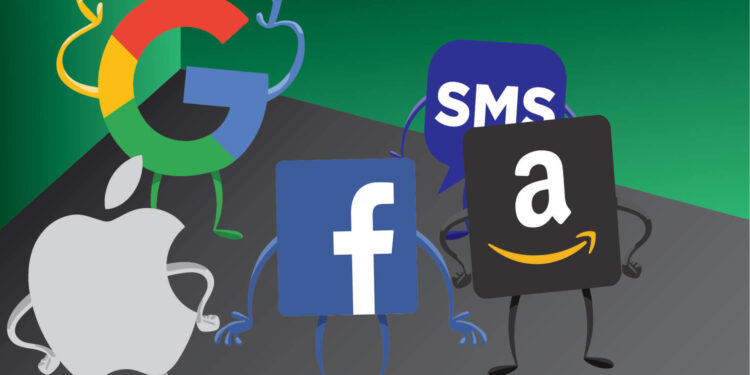As the digital landscape evolves, the once undisputed dominion of Google over the lucrative search advertising market, which is valued at around $300 billion, is facing formidable challenges. With artificial intelligence and innovative platforms stepping into the arena, a seismic shift is on the horizon.
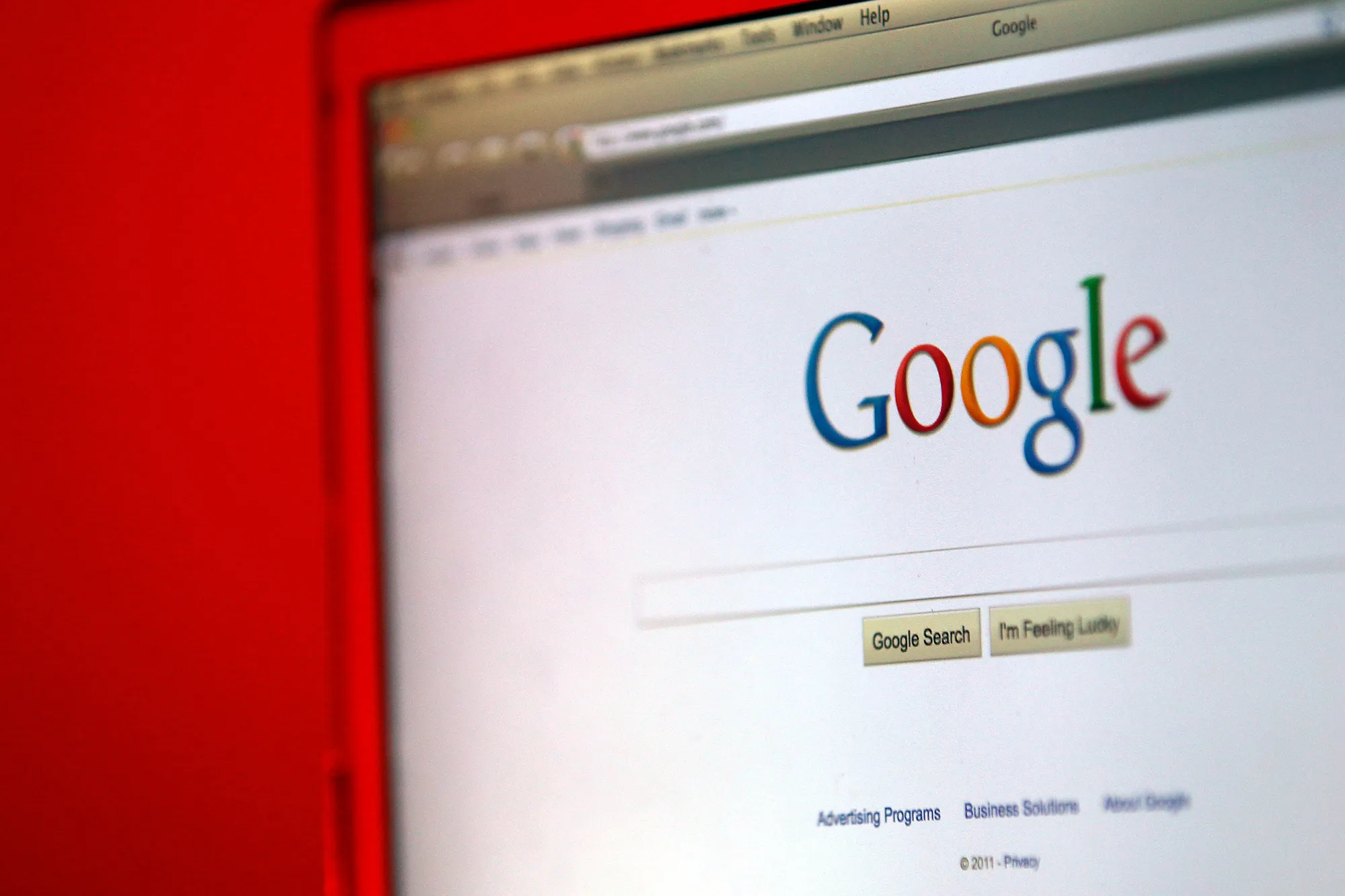
The Rise of AI in Search Advertising
One of the most notable disruptors is Perplexity AI, a search venture backed by none other than Amazon founder Jeff Bezos. This month, Perplexity AI will commence displaying ads alongside AI-generated answers, marking a significant pivot from its previous subscription-based revenue model for enhanced AI capabilities. With a valuation pegged at approximately $3 billion, following a successful funding round that included heavyweight investors like SoftBank, Perplexity AI is posited to be a game changer.
The adaptation of AI in search advertising doesn’t stop here. Microsoft has also joined the fray, subtly integrating ads within AI-generated responses and bringing sponsored links and comparison shopping ads into the mix via a Bing chatbot, signalling a robust integration of AI into user interaction.
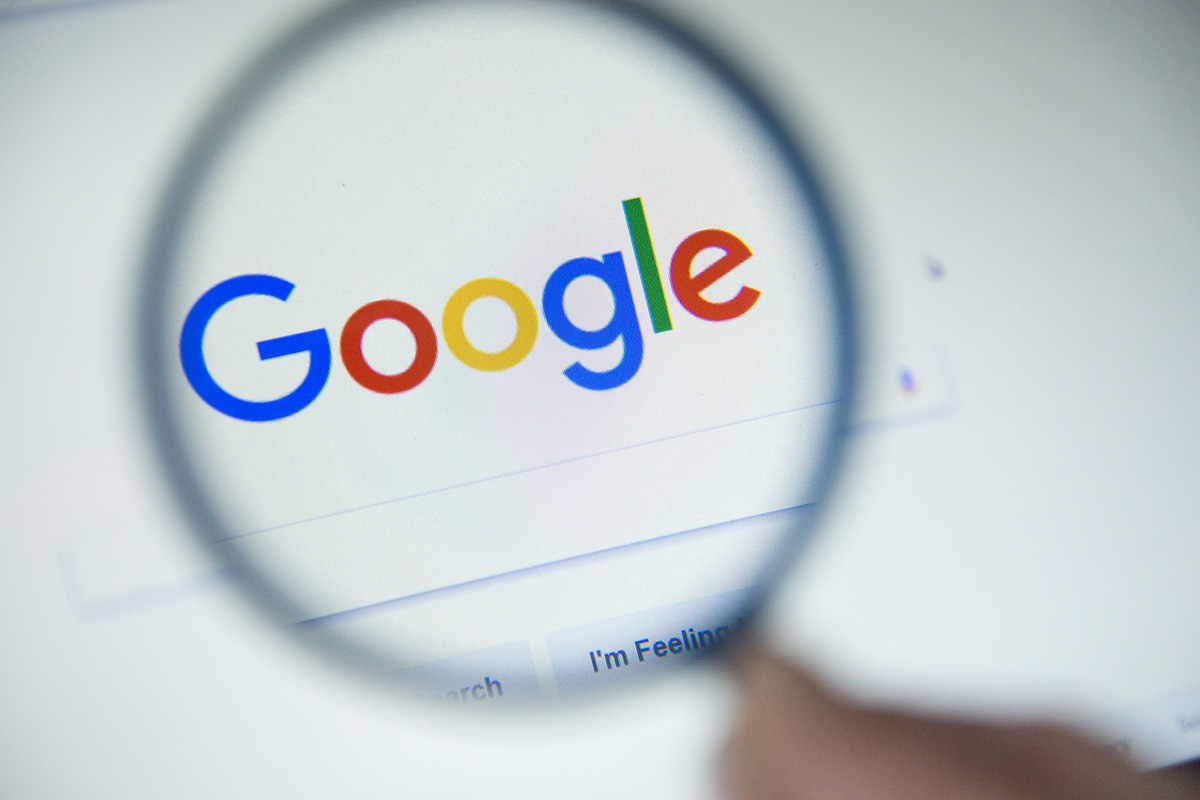
Social Media Platforms Entering the Search Arena
ByteDance’s TikTok has also thrown its hat into the ring, leveraging its massive user base of 170 million in the United States. The platform recently rolled out a feature allowing brands to target ads based on user search queries, a direct challenge to Google’s primary revenue stream, as noted by The Wall Street Journal. This move underscores the strategic shift towards utilizing user-generated content and interaction patterns as a means of ad targeting, which could redefine how ads are served across platforms.
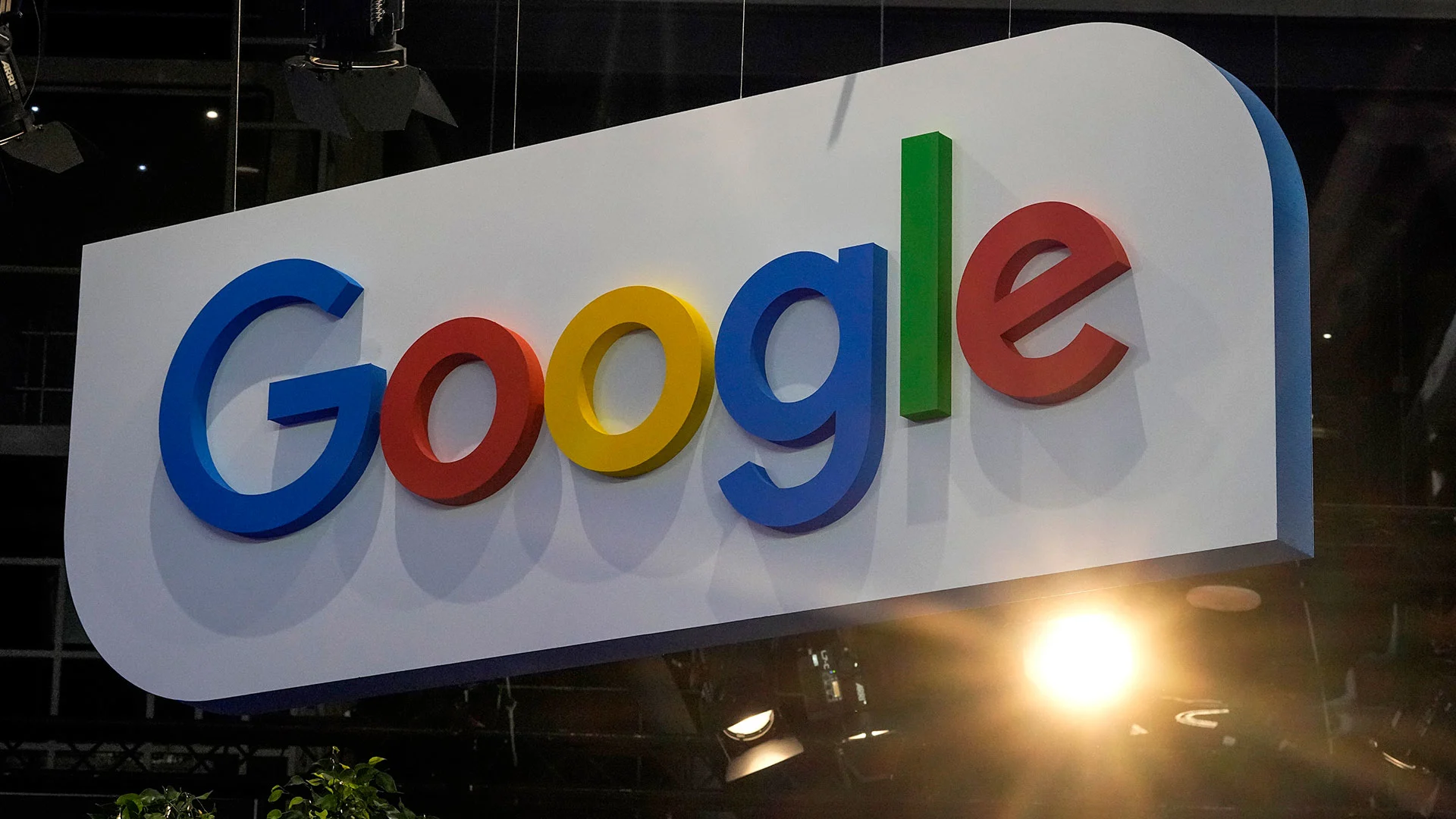
Amazon’s Quiet but Steady Inroads
Amazon’s impact in the search ad market is far from negligible. The e-commerce giant has seen a significant portion of product searches begin directly on its platform, bypassing traditional search engines like Google. This trend is expected to bolster Amazon’s search ad growth to 17.6% next year, outpacing Google’s projected growth of 7.6%, according to eMarketer. The implications are profound, as they suggest a gradual but definite shift in consumer search behaviour, with preferences leaning increasingly towards integrated shopping experiences.
The Broader Impact on the Tech Ecosystem
The growing demand for AI-driven solutions isn’t just reshaping the search ad industry; it’s also fuelling an unprecedented demand for AI processing power. This surge benefits semiconductor companies like Nvidia, Broadcom, Taiwan Semi, and ASML, who are at the forefront of producing the sophisticated chips required to power these advanced AI applications.
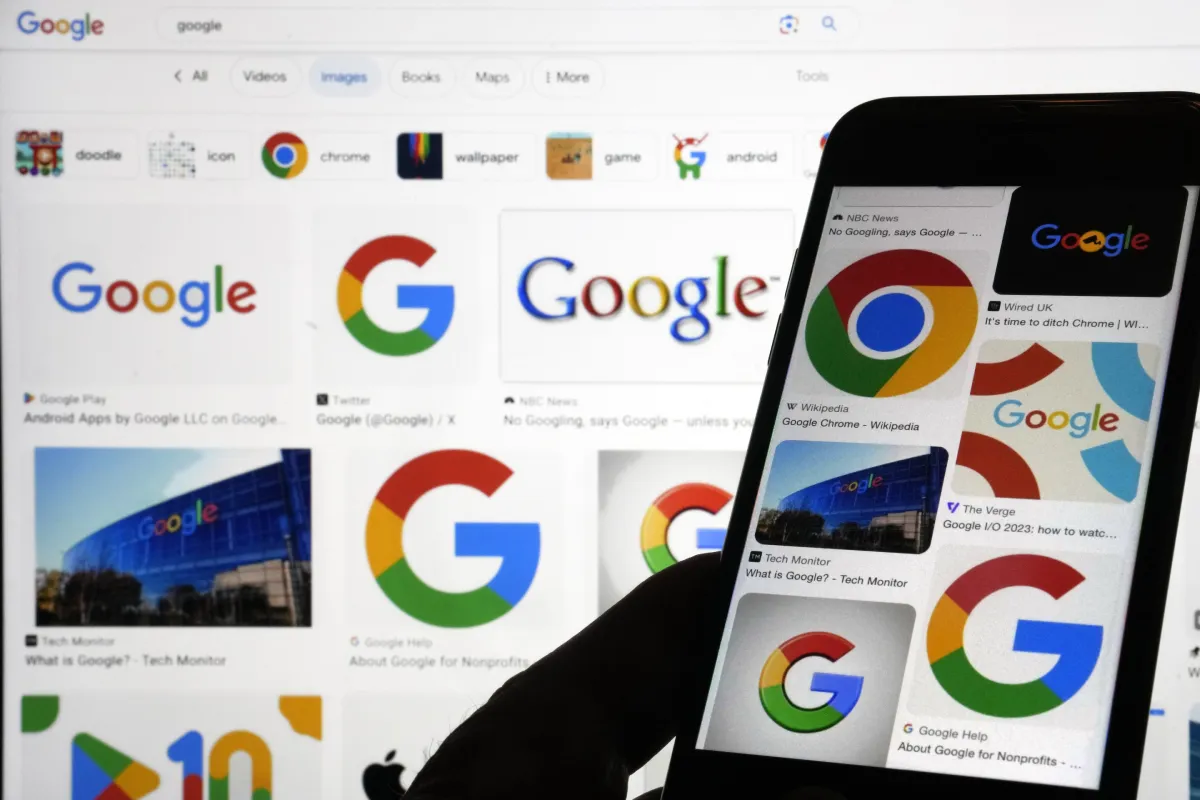
Looking Ahead: A Diversified Search Ecosystem
With industry giants such as Meta and Apple also exploring ways to integrate advertising within their platforms—be it through Meta AI in the Facebook search bar or advertising within Apple Intelligence in the iPhone 16— the future of search advertising appears to be highly decentralized. This diversification heralds a new era where multiple platforms could share the spoils of the search ad market, offering advertisers varied and potentially more targeted ways to reach consumers. the search advertising market is undergoing a transformative shift, driven by AI innovation and the strategic maneuvers of tech behemoths. As these platforms evolve and refine their advertising capabilities, they not only challenge Google’s dominance but also create a more dynamic market landscape.

